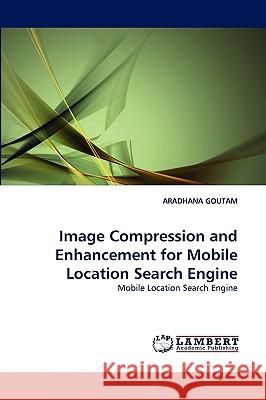Image Compression and Enhancement for Mobile Location Search Engine » książka
Image Compression and Enhancement for Mobile Location Search Engine
ISBN-13: 9783838359106 / Angielski / Miękka / 2010 / 112 str.
Data transmission and storage cost money. The more information being dealt with, the more it costs. In spite of this, most digital data are not stored in the most compact form. Binary code that can be executed on a computer, individual samples from a data acquisition system, when taking pictures, there are a number of choices beside compression ratios, that can made about such things as image sizes, and file formats. The choices determine image quality and the size of the files created. When taking an image, the size of the image file is huge compared to many other types of computer files since each pixel requires 24 bits (3 bytes) to store color information. As the resolution increases, so does the file size. A file for a low-resolution 1 mega pixel image is 3 megabytes, and at 3 mega pixels are climbs to 9 megabytes and at 6 mega pixels all the way to 18 megabytes. The files become too large to easily store, transmit, and edit. Compressing images not only lets us save more images on a storage device; it also allows us to download, display, edit, and transmit them more quickly.











